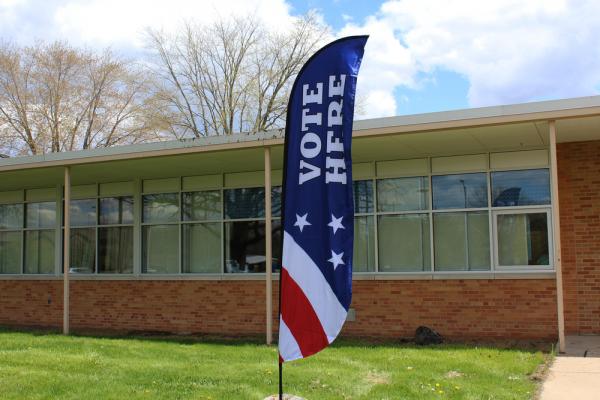Feb 1, 2017
While much of the country is still reeling from the presidential election, residents of Hyattsville, Md., are preparing to vote — some for the first time ever (in the United States). Thanks to an amendment the Hyattsville City Council passed this December, non-U.S. citizens now have the right to vote in municipal elections.
Read the Full Article

Already a subscriber? Login
